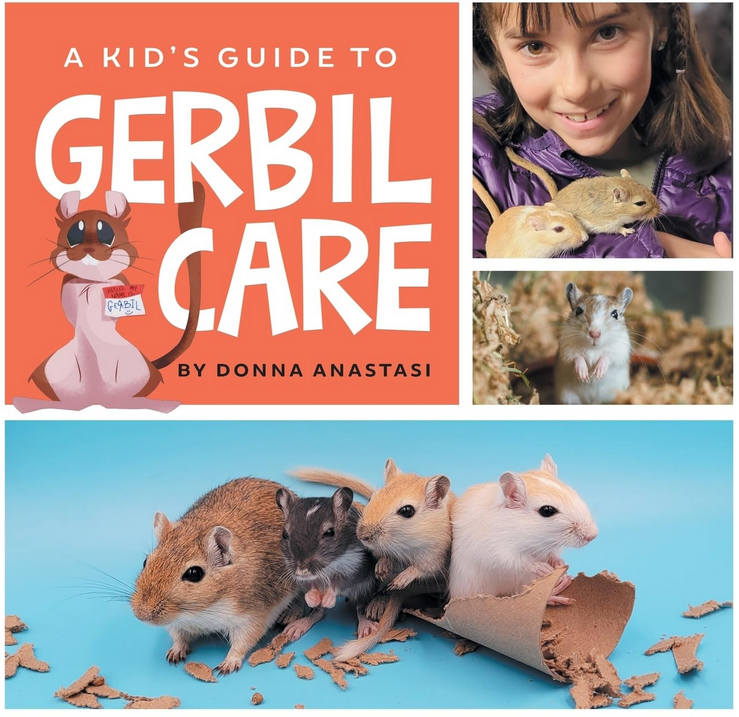Gerbils are small, social rodents that are popular as pets. They are relatively easy to care for and have a lifespan of around 2.5 -4 years, although some gerbils have been known to live up to 5 years. In this article, we will explore the factors that influence gerbil lifespan and the most common health issues that affect these animals.
Factors that influence gerbil lifespan
There are several factors that can influence how long a gerbil lives. These include genetics, diet, environment, and healthcare. Gerbils that come from healthy breeding stock and are fed a balanced diet and given proper healthcare are more likely to live longer than gerbils that are not.
Gerbils that are kept in a clean, stress-free environment with plenty of room to move around are also more likely to live longer than gerbils that are kept in cramped or dirty conditions. It’s important to provide your gerbil with a comfortable habitat that is safe and secure.

Common health issues in gerbils
While gerbils are generally healthy animals, there are several health issues that can affect them. Here are some of the most common health problems that affect gerbils:
Dental problems
Gerbils have teeth that grow continuously throughout their lives. If their teeth become too long, it can cause dental problems that can affect their ability to eat and drink. Signs of dental problems in gerbils include drooling, weight loss, and a decrease in appetite. Regular dental checkups and providing your gerbil with hard foods to chew on can help prevent dental problems.
Respiratory infections
Respiratory infections are common in gerbils and can be caused by a variety of factors, including poor ventilation and exposure to dust or smoke. Signs of respiratory infections in gerbils include coughing, sneezing, and wheezing. If you suspect that your gerbil has a respiratory infection, it’s important to take them to a veterinarian for treatment.
Skin problems
Gerbils can develop skin problems, such as mites or fungal infections, that can cause itching, hair loss, and redness. These conditions can be treated with medication, but it’s important to take your gerbil to a veterinarian for a proper diagnosis and treatment plan.
Digestive problems
Gerbils can develop digestive problems, such as diarrhea or constipation, that can be caused by a variety of factors, including diet and stress. Signs of digestive problems in gerbils include changes in bowel movements and a decrease in appetite. Providing your gerbil with a balanced diet and a stress-free environment can help prevent digestive problems.
Tumors
Gerbils can develop tumors, which can be cancerous or non-cancerous. Signs of tumors in gerbils include lumps or bumps on the body and a decrease in activity. If you notice any lumps or bumps on your gerbil, it’s important to take them to a veterinarian for a proper diagnosis and treatment plan.

Preventing health problems in gerbils
Preventing health problems in gerbils involves providing them with a healthy diet, a clean and stress-free environment, and regular veterinary checkups. Here are some tips for keeping your gerbil healthy:
Provide a healthy diet: Gerbils should be fed a balanced diet that includes commercial gerbil food, fresh fruits and vegetables, and hay. Avoid giving your gerbil foods that are high in fat, sugar, or salt.
Provide a clean and stress-free environment: Gerbils should be kept in a clean, safe, and comfortable environment with plenty of room to move around. Avoid exposing your gerbil to smoke or dust, and provide them with toys and hiding places to keep them entertained and reduce stress.











